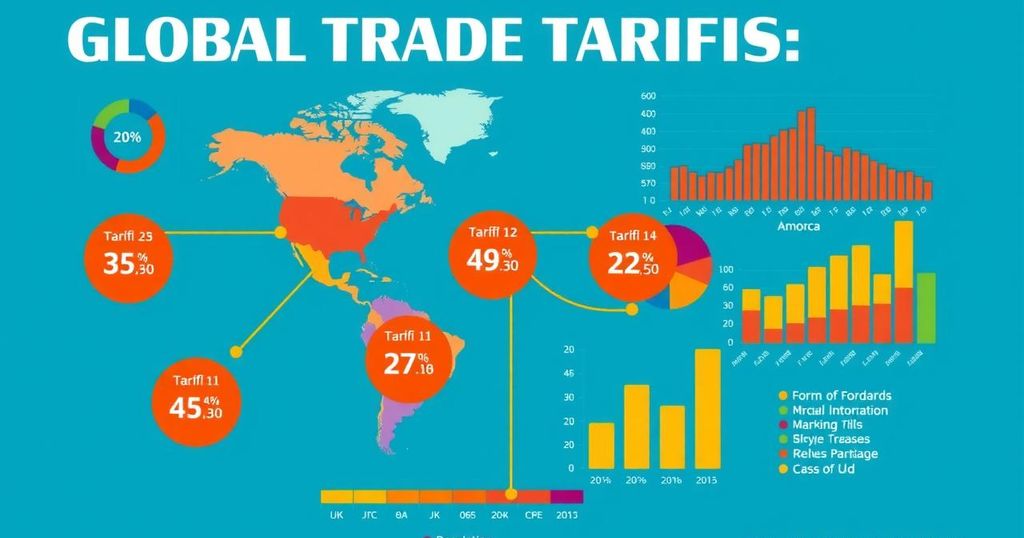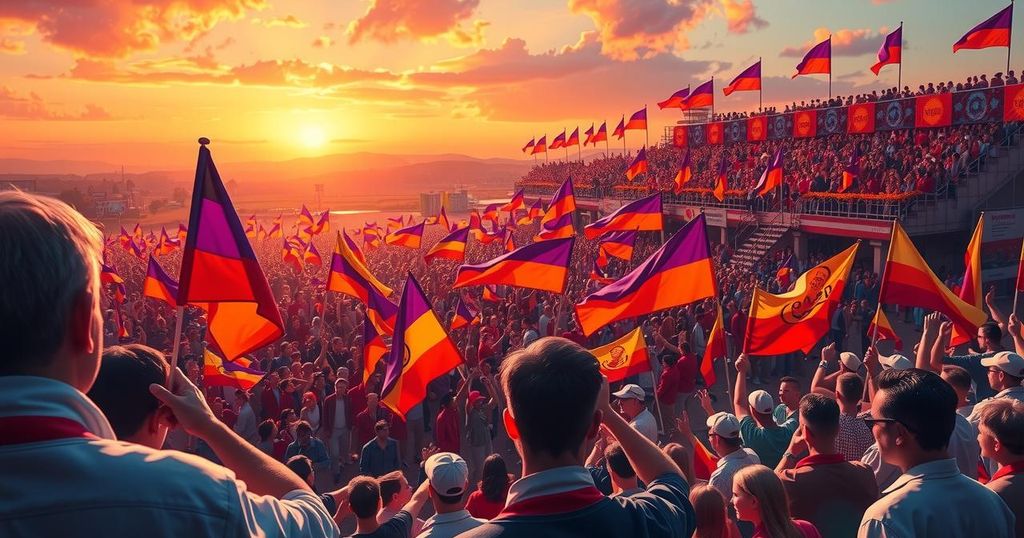Ecuador’s presidential election is set for Sunday, with Daniel Noboa seeking re-election amidst significant challenges like violence and unemployment. His rise in politics has been rapid, as he went from an unknown legislator to president in a few short years. Key issues such as drug violence and an energy crisis will inform voter choices as the nation faces a critical juncture in its governance.
As Ecuador prepares for its presidential election this Sunday, key issues such as violence, unemployment, and an energy crisis are at the forefront of voters’ concerns. The incumbent president, Daniel Noboa, who is seeking re-election after 15 months in office, faces the challenge of steering the nation through these turbulent times. His predecessor, Guillermo Lasso, had called for early elections amid impeachment proceedings linked to embezzlement allegations.
Daniel Noboa, a 37-year-old graduate of Harvard Kennedy School, unexpectedly surged in popularity during the previous election cycle. Initially a political unknown, he was elected to Ecuador’s legislature in 2021 and gained attention for his commendable debate performance. Noboa eventually defeated Luisa González, a candidate representing the leftist establishment, to become president, serving out Mr. Lasso’s term.
This upcoming election is critical as it will determine the future of a nation grappling with drug-related violence and increasing unemployment rates, leading many Ecuadoreans to seek opportunities abroad, particularly in the United States. Voter sentiment will undoubtedly align with candidates who demonstrate viable solutions to these pressing societal issues, impacting the direction Ecuador takes going forward.
Ecuador, home to approximately 18 million inhabitants, is currently facing significant challenges including violence linked to drug trafficking, soaring unemployment rates, and a persistent energy crisis. These issues have escalated, prompting the migration of citizens toward the United States in search of better opportunities. The leadership and policies initiated by the new president during this election will substantially influence Ecuador’s socio-economic landscape and its citizens’ quality of life.
In conclusion, the forthcoming presidential election in Ecuador is crucial, with incumbent Daniel Noboa vying for re-election amidst considerable social challenges. The outcome will not only impact governance but may also influence migration trends as citizens seek solutions to violence and unemployment. As Ecuadorians head to the polls, the focus will be on candidates who propose effective reforms to navigate the country’s difficulties.
Original Source: www.nytimes.com




